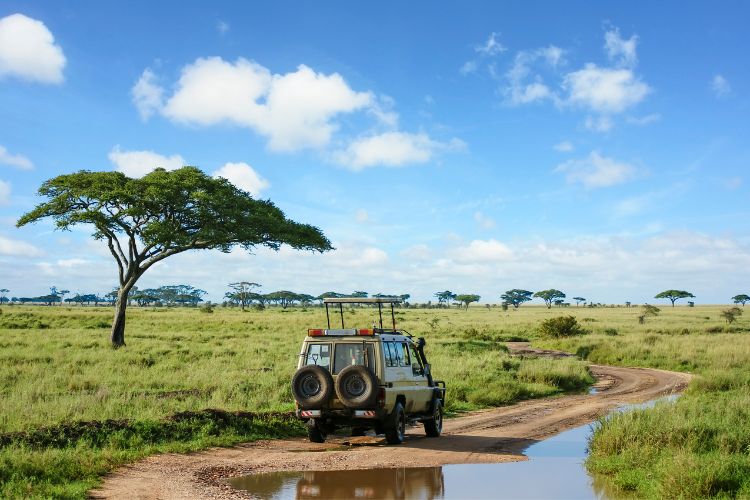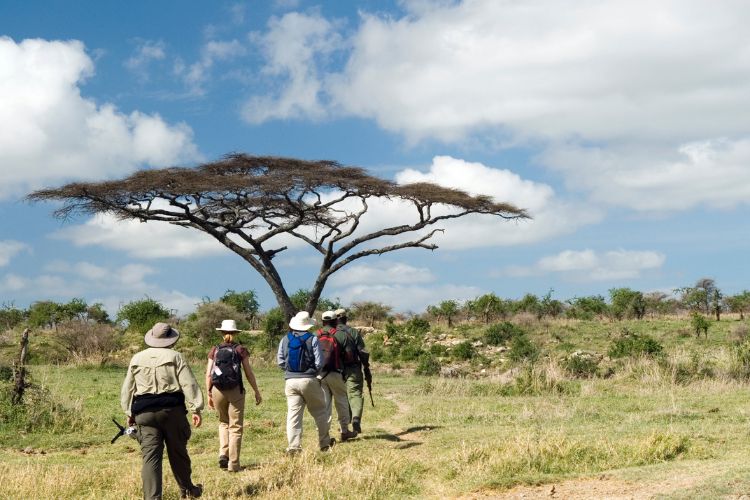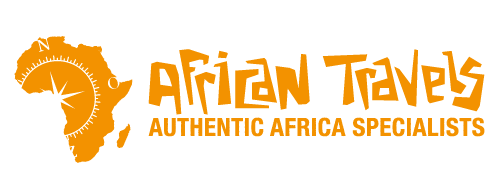How much do you tip on your African safari?
When embarking on a holiday in Africa, it’s essential to understand the cultural norms and customs, including the practice of tipping. Tipping in Africa, as in any other part of the world, is a way to show appreciation for excellent service and a gesture of gratitude. However, it’s important to be aware that tipping practices can vary across countries and regions within Africa.
Recognize the Economic Context
It’s important to remember that wages in many African countries may be lower compared to what you may be accustomed to in your home country. Tipping can play a vital role in supporting the local economy and improving the livelihoods of those working in the service industry. As unemployment rates are high, many working people support at least a couple of other family members. Keep this in mind as you consider your tipping practices.
Be Aware of Local Currency
Ensure you have a sufficient amount of local currency for tipping purposes. While some places may accept major international currencies, it’s often more practical and respectful to have the local currency on hand. Exchange currency at reputable sources to avoid scams or unfair exchange rates.
Tip Appropriately for Local Services
In addition to restaurants and hotels, you may encounter situations where tipping is expected or appreciated. This can include tour guides, porters, housekeeping staff, and taxi drivers. Be prepared to tip accordingly based on the level of service provided.

Offer a Personal Touch
While tipping in cash is the norm, you can enhance your gesture of appreciation by adding a personal note or expressing your gratitude verbally. A simple thank you, along with a genuine smile, can go a long way in making the recipient feel valued and respected.
So how much do you tip? This is quite a difficult question with multiple correct answers. Below some further clarification:
Tipping in restaurants
On average a tip of between 10 and 15% of the total amount is normal. Some upscale hotels and restaurants in Africa may include a service charge or gratuity as part of the bill. In such cases, additional tipping is not expected, although it is always appreciated for exceptional service. Always check your bill to see if a service charge has already been added.
Tips in hotels and guesthouses
Most camps and safari lodges in Africa have a tip box at reception, and often their own tipping policy. Sometimes the tip box will be for all the staff; sometimes it’ll be for the staff excluding the guides; occasionally it’ll be arranged differently.
Some camps explain their tipping policy in the literature left in their rooms. If not, ask the manager and, if there’s a tip box, find out who shares the proceeds. You can then decide whether to put everything into the box, or to tip some members of the team separately and more directly. In most safari camps, guides and trackers are tipped directly, with other staff usually sharing the proceeds of the ‘general staff tip box’. However this does vary, so do ask!
Most travellers tip in cash, with the preferred currencies, failing that, US dollars or even Euro or GB pounds will do. Whether or not you can tip by credit card depends entirely on the camp, their accounting practices and their ability to process cards, but this isn’t normal practice, and it makes it difficult to direct your tip to precise team members.
Tips on safari
When you stay at a safari lodge, you normally have one ranger who will take you on the game drives during your stay. Normally, you tip him/her after your last game drive.as a thank you. $3-$5 for half a day activity and $6-10 for a full day activity is a guide, but if the amount obviously also depends on how great it was!
How much do you tip your multi day private safari guide?
When it comes to tipping a multi-day private safari guide in Africa (most common in Tanzania, Kenya, Uganda and Rwanda), there isn’t a set rule, and the amount can vary depending on several factors. Here are a few considerations to help you determine an appropriate tip:
Quality of Service: Consider the overall quality of service provided by your safari guide. Did they go above and beyond to make your experience memorable? Were they knowledgeable, attentive, and accommodating? If you were exceptionally satisfied with their service, you may want to show your appreciation with a more generous tip.
Duration of the Safari: The length of your safari can also influence the tipping amount. A longer safari typically involves more time spent with the guide, and thus, a higher tip might be appropriate to acknowledge their dedication and commitment throughout the trip.
Group Size: If you’re traveling as a group, you may want to consider pooling your tips and dividing them among the members of the safari team. This can include the guide, the driver, and any additional staff who may have contributed to your experience.
As a general guideline, many travelers suggest tipping between $10 and $50 per day per group for a private safari guide. However, this amount can vary based on the factors mentioned above. It’s important to remember that tipping is discretionary and should be based on your satisfaction with the service provided.
Ultimately, the most important aspect of tipping is to express your appreciation for a job well done and to recognize the hard work and expertise of your safari guide.

Tips for taxi drivers
If you take a metered taxi, an amount, about 10% of the total amount is appreciated
Tipping at petrol stations (self drives)
Filling up with petrol in is quite a unique experience. You don’t actually leave your vehicle, someone will come to you and fill up your car. They often ask if they can check, water and oil, tyre pressure and wash your window too. It is common habit to give them $0.50-$1 or a bit more in loose change as a thank you.
Parking tips (for self drives)
Many places have so-called car guards. Some of them are self-appointed, where others are employed. They often wear a yellow vest so you can recognise them. Often they don’t get a salary and completely rely on the tips they get. $0.50 is a decent amount to give. Please realise that there is no guarantee from a safety point of view, we would still recommend you don’t leave any valuable in your vehicle.
We hope the above is usefull. If you have any recommendations, please let us know!
